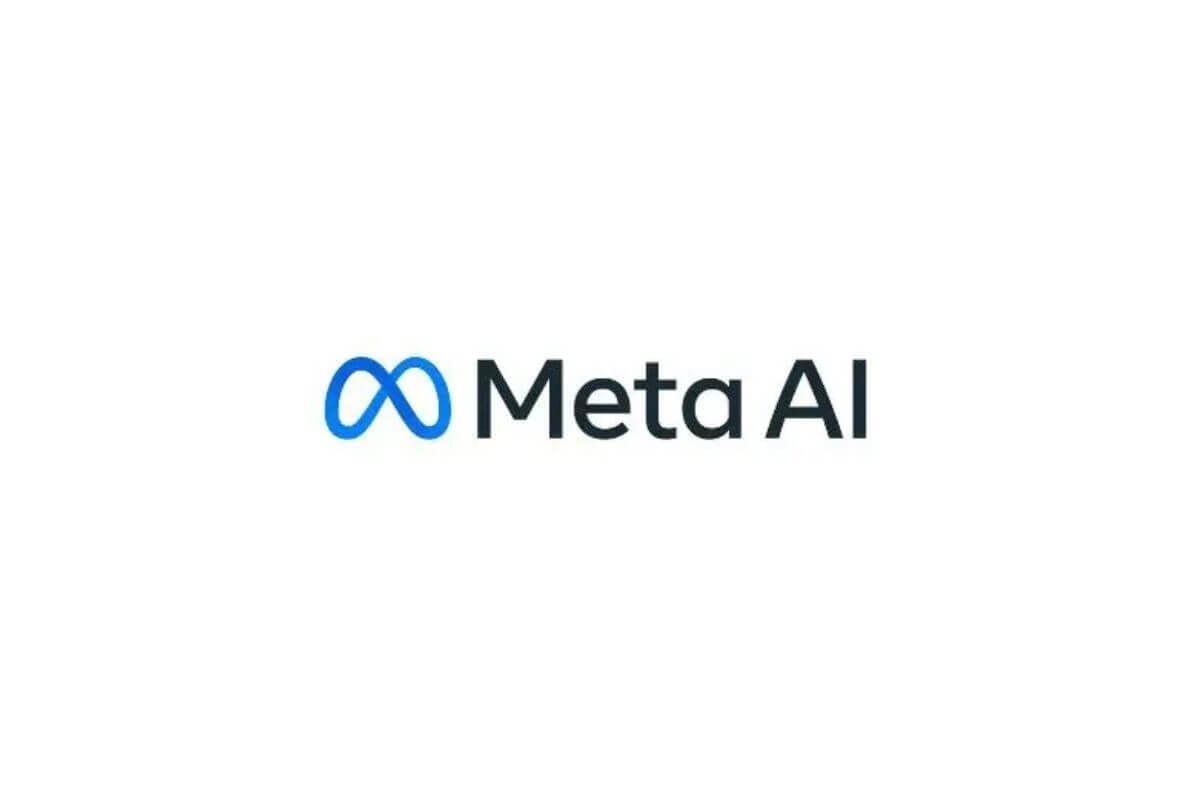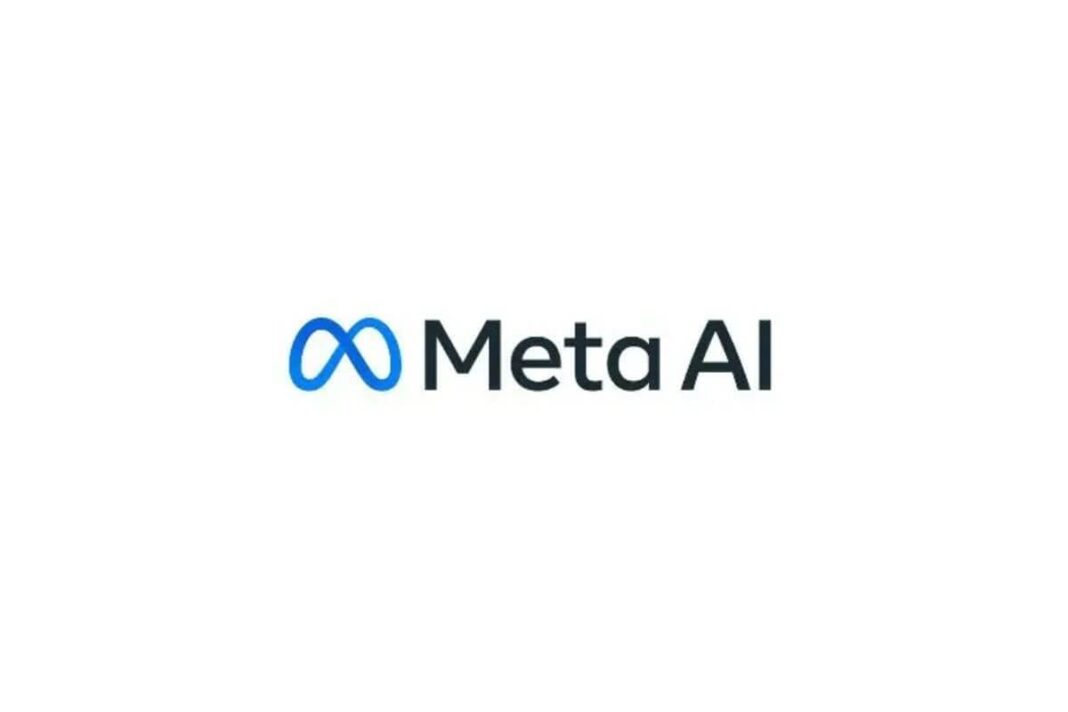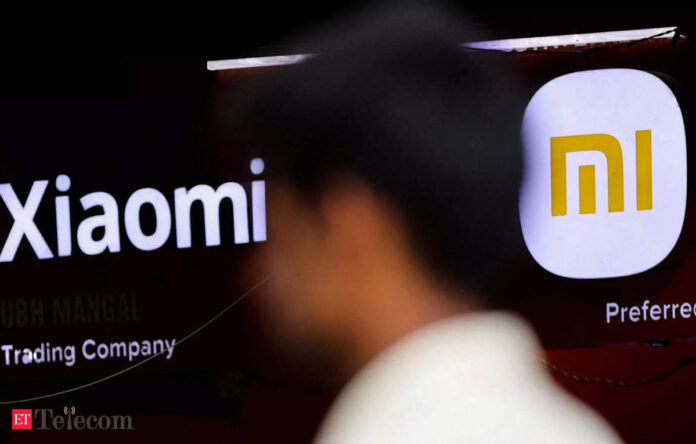In Short:
At Meta’s Build with AI Summit in India, chief AI scientist Yann LeCun emphasized that AI will enhance human intelligence, not replace it. He described AI as an empowering tool, especially for people in rural areas who can access knowledge in their native languages. LeCun also highlighted the importance of open-source AI, India’s contributions to the field, and AI’s potential to inspire innovation and careers.

AI to Enhance Human Intelligence
At Meta‘s inaugural Build with AI Summit in India, Yann LeCun, vice president and chief AI scientist at Meta, emphasized that artificial intelligence (AI) is designed to enhance rather than replace human capabilities. “AI is not going to take over us; it is only going to amplify human intelligence,” LeCun stated, reflecting his vision for the future of AI.
AI as an Empowering Tool
During his keynote address, LeCun metaphorically described the future state of AI as akin to individuals having “a staff of smart people working for them.” He asserted that AI should be perceived as an empowering tool, stating, “AI assistants will eventually be smarter than us, but we should not feel threatened by that. We should feel empowered by it. There is nothing better than working with people smarter than you.”
Accessing Health Information via AI
LeCun acknowledged AI’s transformational potential, particularly in rural regions, where individuals will soon be able to interact with AI assistants in their native languages for health-related inquiries. He emphasized, “Everyone in India, even in rural areas, can ask questions to their AI assistants in their own language about health issues. And it’s a very different future that will become possible.”
Significance of Open-Source AI
Highlighting the importance of open-source AI, LeCun expressed his belief that it will evolve into a shared infrastructure accessible to all. He remarked, “Because AI is going to become a common infrastructure that all of us can use in the future and share. We need AI systems in the future to become a kind of repository of all human knowledge.”
AI Research in Paris
LeCun pointed to the successful AI research initiatives in Paris, noting their substantial impact on innovation and career opportunities in the field. He stated, “The AI research started in Paris ten years ago had the effect of basically just completely jump-starting the ecosystem of AI in the country. Paris is now probably the second most vibrant place for AI startups in the world.”
Psychological Effects and Contributions
LeCun noted the psychological effects of having an ambitious AI research industry within a country, highlighting its role in inspiring young individuals to contribute to the field. He observed, “The effect has been psychological. When you have an industry practicing ambitious research in AI, it gives hope for young people to contribute to it.”
India’s Role in AI Advancement
LeCun further recognized India‘s swift progress in AI technology and its vital role in shaping future developments. He stated, “There is a lot of talent in India. We see many people from India making major contributions—both technical and scientific—to AI.”
The summit also featured Infosys Co-founder Nandan Nilekani, who provided insights into the relevance of AI in the Indian context, along with a panel discussion on the topic of ‘the culture of open science in democratising AI,’ featuring both LeCun and Nilekani.





